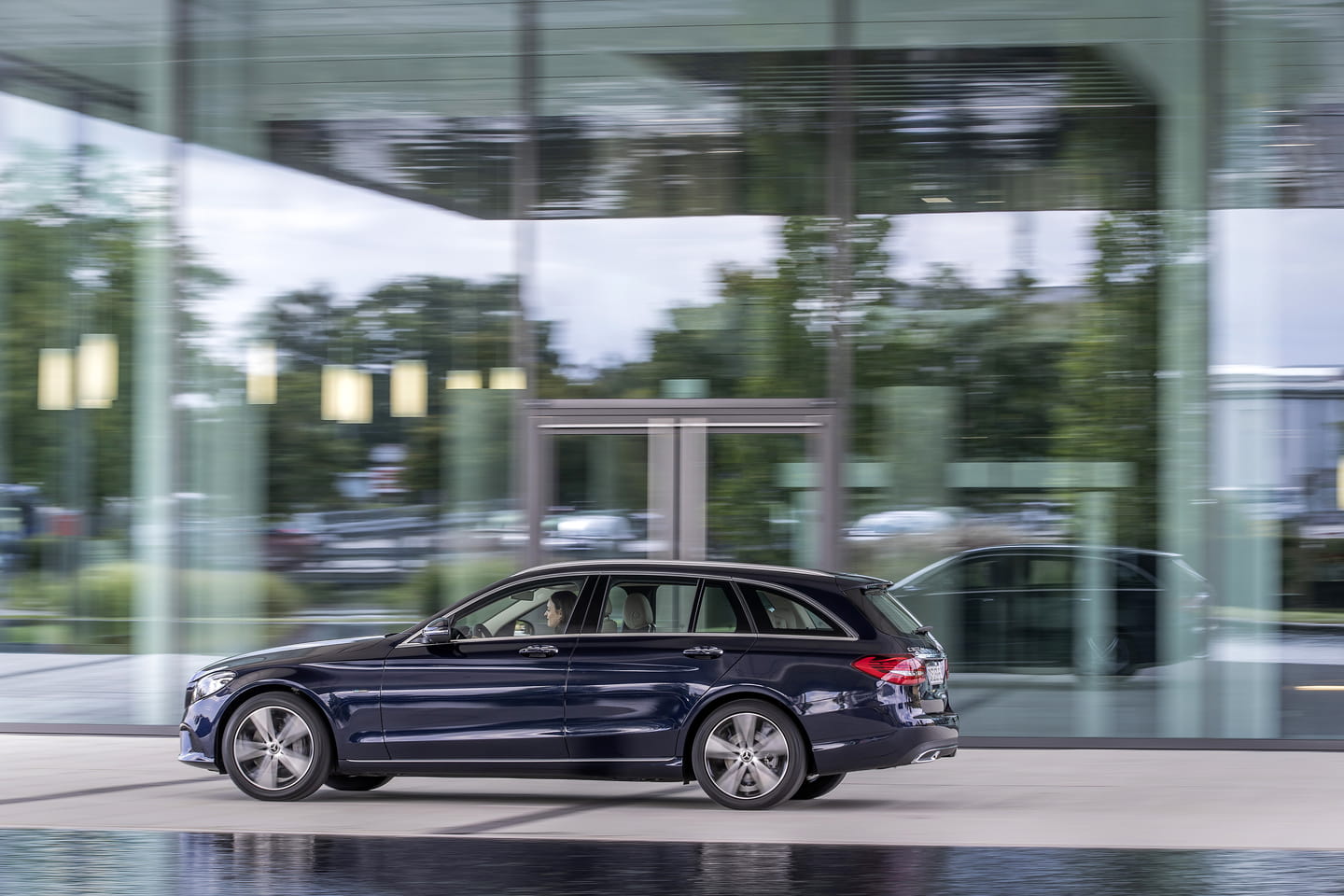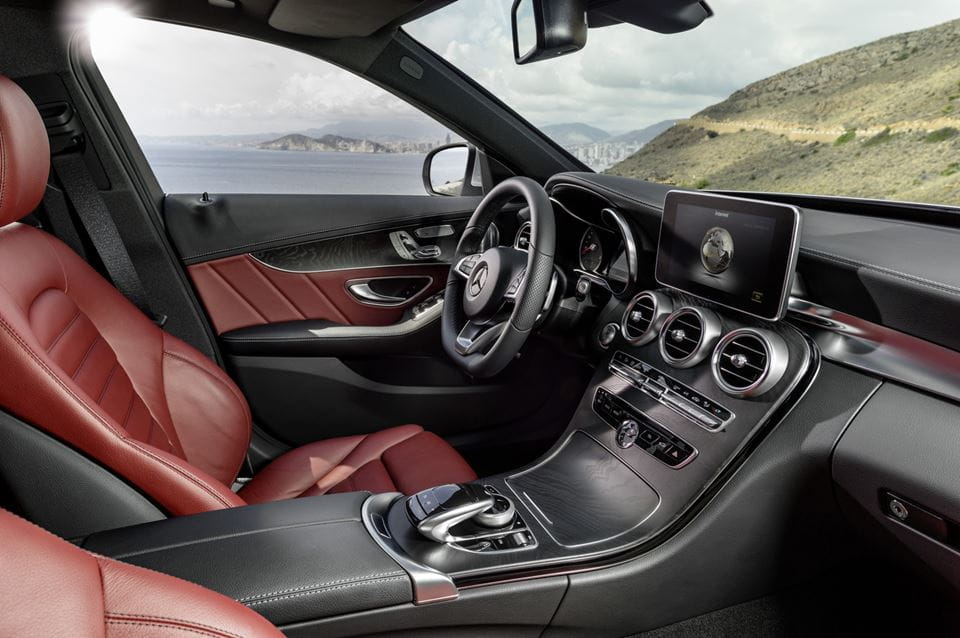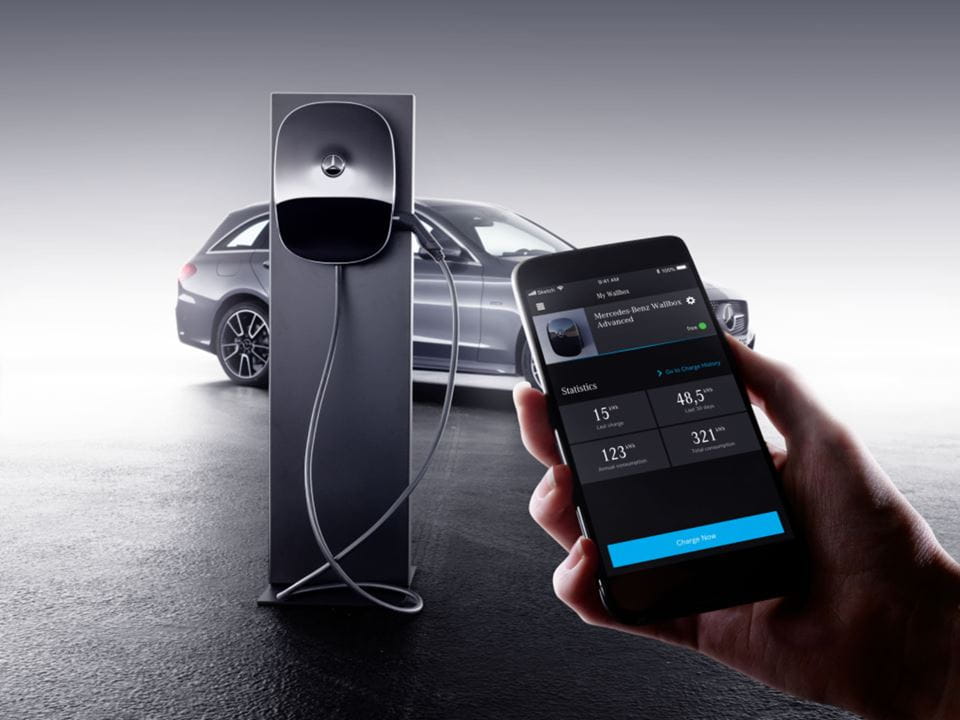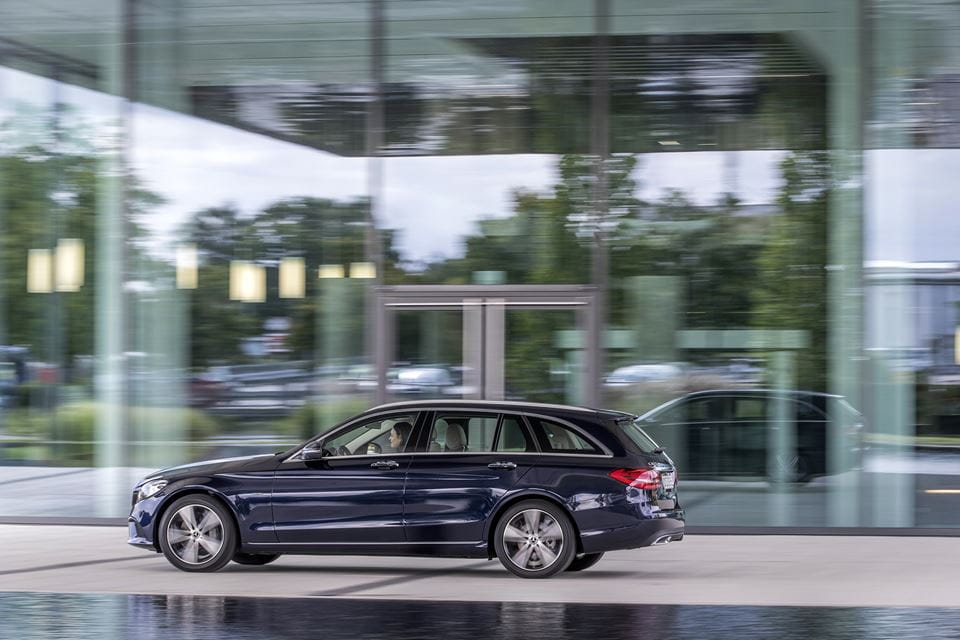
Car review – Mercedes C 300 de
Diesel is not dead
Mercedes is the only manufacturer to offer plug-in hybrids with a diesel engine. This C-Class seems the perfect company car for those who drive a lot.

Best of both worlds
An electric drive in combination with a diesel engine is ideal for those who travel long distances or drive many kilometres. Indeed, diesel remains the best choice for that target group. A plug-in-diesel could therefore be the "best of both worlds" approach.
The C 300 de combines the 2.0 four-cylinder (194 hp, 400 Nm) from the C 220 d with an electric motor (122 hp, 440 Nm). Together, they produce no less than 306 hp and an enormous torque of 700 Nm while officially emitting 34 to 43 g/km, resulting in obvious tax advantages.

Heavy guy
With an unladen weight of 1,880 kg, the C 300 de Estate is 340 kg heavier than the C 220 d Estate with which it shares its diesel engine. The cause is the 13.5 kWh battery which was installed under and behind the back seat. Rather annoyingly, this battery eats into the volume of the boot. A capacity of 315 litres is anything but generous, as the battery takes up 145 litres in the form of a bulky bar.
While Mercedes promises an electric range of 50 kilometres, we got no further than 35. This is sufficient for most journeys and those electric miles are also very pleasant because the C-Class excels at pampering its passengers with comfort and silence.

Successful marriage
When you need extra power or when the battery is insufficiently charged, the diesel is brought to life. It can be heard but isn't disturbing and in combination with the electric motor it provides brisk performance and excellent acceleration, thanks to 700 Nm and the perfectly configured 9-speed automatic. The top speed is 250 km/h and you can hit the 100 mark in 5.7 seconds. These are excellent figures for a family estate car that also scores record consumption figures.
Drip counter
Its modest fuel consumption is its greatest asset. After a week’s test drive, which included several runs of about 50 km starting with a full battery, we registered an average consumption of just 2.4 l/100 km of diesel and 17.6 kWh/100 km of electricity, which means that even after nearly four hundred km, there was still a range of 1,107 km left. After a journey of a hundred kilometres starting with an empty battery, the fuel efficiency meter indicated 5.9 l/100 km of diesel (and 2.7 kWh/100 km of electricity). It goes to show that a diesel engine has an added value in combination with an electric drive.



